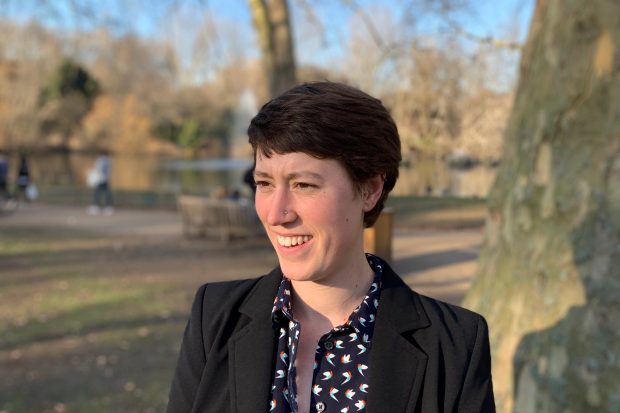
“The future doesn’t just happen. We create it.” Hannah Fry, Hello World
As I sat on the bus reading “Hello World”, Hannah Fry’s bestselling book on algorithms and the role they play in the world around us, this quote stood out. In the fields of data science and machine learning the future is being created as we speak, meaning we need to try and understand what the implications are. This is the role of the Centre for Data Ethics and Innovation (CDEI), who I’ve been working with for the past three months.
From recruitment decisions, insurance premiums, the justice system and even online dating, algorithms have the potential to impact almost every aspect of our lives. Recent scandals have highlighted the lack of clarity around where the lines are drawn, illustrating how the ethics of these technologies still sit in a grey area.
Most of us have experienced eerily accurate online advertisements, or appreciated the recommendations when doing online shopping. Targeted advertising may seem benign, but when the same ideas are applied to politics or news it can lead to the formation of political "echo chambers" or "filter bubbles".
The potential harms of systems like this are only now being fully appreciated by both the public and the experts. As social media companies come under scrutiny for their roles in teenage mental health, election results and public health campaigns, the public have been forced to reckon with a technology few of us understand.
The newly created CDEI has been tasked with a broad remit to “lead the global debate on how we want data to be used, making sure it delivers the greatest benefits to society as a whole.” It is hoped the CDEI will play a role in guiding best practice in the field, along with a governance role through identification of gaps, and policy suggestions for government. In short, the CDEI is playing a role in creating a future for these technologies that delivers the wealth of benefits, without the harms.
As part of this work, the Open Innovation Team have been helping the CDEI tackle some of the questions around digital targeting and algorithmic bias. These range from working out what the public understanding of these technologies is and figuring out the many ways in which bias can creep into algorithmic decision making, right down to confusions between the definitions used.
Colleagues in the CDEI need a thorough understanding of these systems before they can begin to make policy recommendations. Our role is to deepen their collaboration with key academics working in the field. We are doing this in a variety of ways, from managing literature reviews, to arranging seminars with eminent thinkers and facilitating placements for PhD students working in relevant fields.
Happily, our work has been appreciated by the CDEI. When we asked for some feedback, their chair, Roger Taylor, responded with the following:
"Our partnership with the Open Innovation Team has connected us with leading academics in the UK and internationally from the fields of philosophy, law, ethics and the social sciences. This ensures our work is grounded from the outset in existing evidence as we turn research into action."
The project has been fascinating because these issues have the potential to impact everyone. It’s exciting to be working in a policy area where the research that’s being done is so new, and could have such wide-reaching implications. The CDEI have bold and ambitious aims, and it’s been really rewarding to work with a team that’s so committed to the work they’re doing, and that’s at the forefront of the policy agenda.
For an introduction to the CDEI and their work, watch their YouTube video.